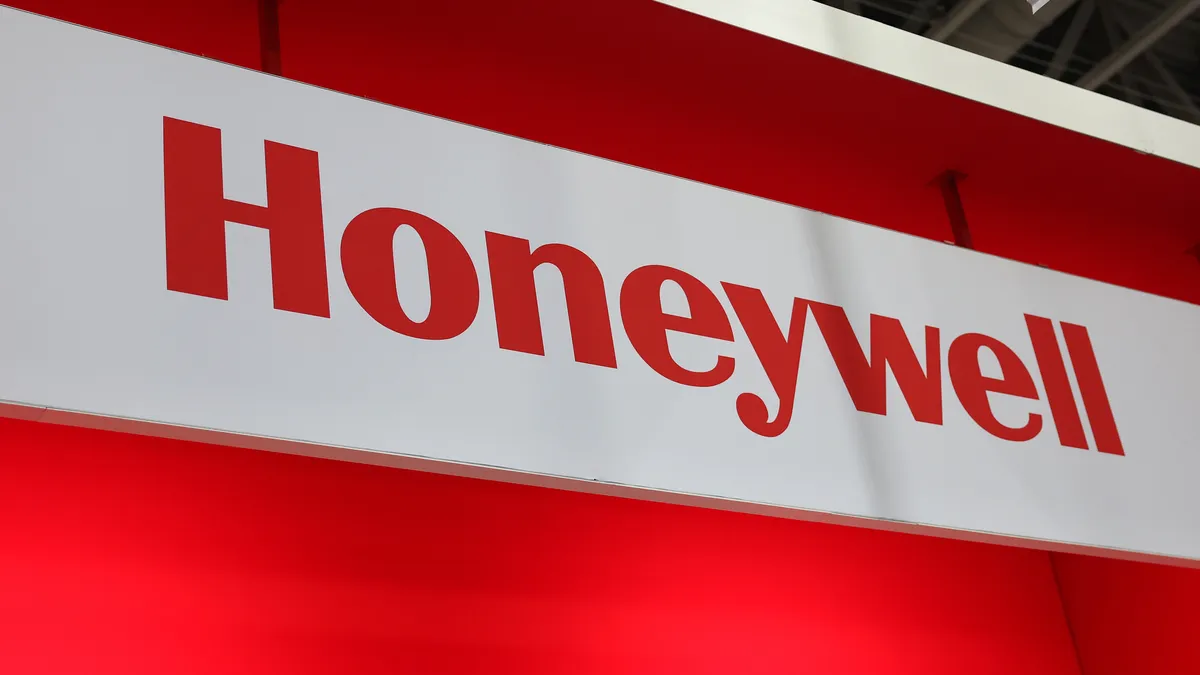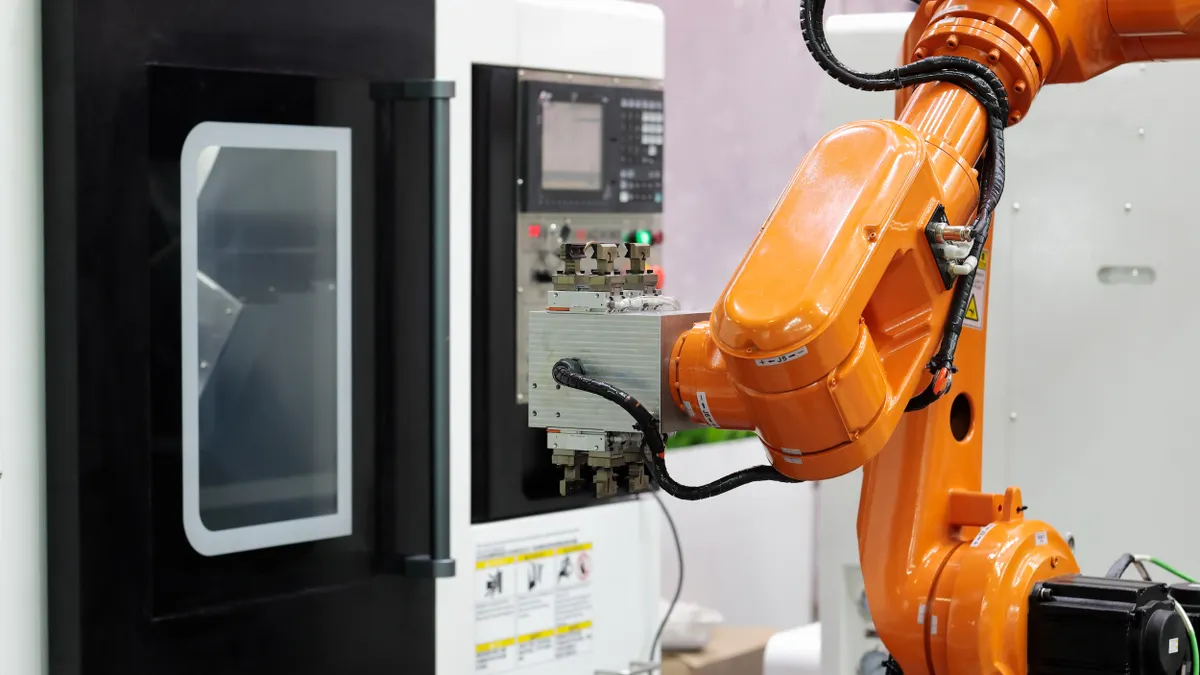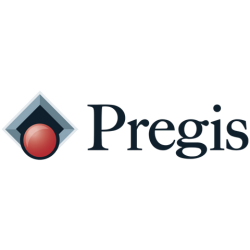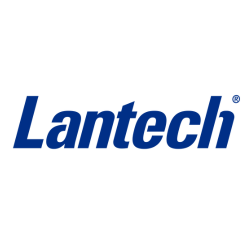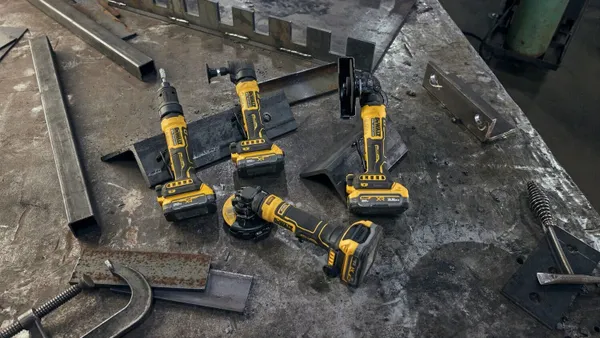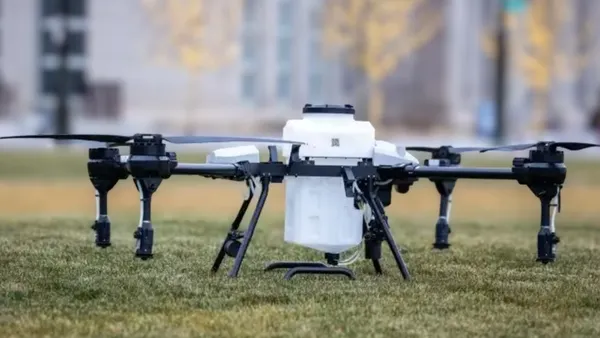Dive Brief:
- Honeywell finalized the spinoff of its Solstice Advanced Materials business Thursday as part of an ongoing transition to split Honeywell into three separate companies.
- Solstice manufactures refrigerants, building solutions and chemicals for end markets such as HVAC, automotive, alternative energy, construction and semiconductors. In 2024, the Solstice assets under Honeywell amassed $3.8 billion in net sales, with compounded annual growth of 4.4%, and had nearly 4,000 employees globally.
- Solstice began trading on the stock market Thursday morning under the ticket symbol SOLS, with CEO David Sewell ringing the opening bell. While Sewell has been at Honeywell for less than a year, he brings more than three decades of industry experience at companies such as WestRock, Sherwin-Williams and GE Plastics.
Dive Insight:
Honeywell has been working to simplify its portfolio and reorganize its business into multiple “pure-play” companies with focused strategies and more flexibility — a goal CEO Vimal Kapur reiterated during the company’s Q3 earnings call last week.
“With this realignment … Honeywell will be a premier pure-play automation company,“ he said.
Honeywell announced plans last October to spin off Solstice, focused on specialty materials, into an independent publicly traded company. While the initial goal was to complete the separation by early 2026, the spinoff was finalized ahead of schedule. Honeywell’s board of directors formally approved the spinoff this month.
“The teams have worked really, really hard to get it done ahead of time,” Kapur said.
The goal of the spinoff is “to unleash the full growth potential of Solstice,” according to Solstice’s investor day presentation earlier this month. Operating independently will allow the company to refine its operating model and allocate capital based on its priorities, per the presentation.
Solstice’s leadership sees strong and continuing demand trends in its key segments. Refrigerants and applied solutions make up 72% of its net sales, while electronic and specialty materials account for the remaining 28%. Refrigerants, which contributed $1.3 billion in sales to Solstice last year, are in high demand due to data center cooling needs and growing numbers of electric vehicles. Meanwhile, the explosion of artificial intelligence and resulting demand for semiconductors are contributing to demand for electronic materials.
Ahead of the spinoff, Honeywell grew sales 6% year over year to $10.4 billion in Q3 2025. The Solstice spinoff is expected to reduce Honeywell’s full-year sales by $700 million year over year, according to the manufacturer’s Q3 earnings release last week. It will also cut down free cash flow by $200 million. Honeywell now projects 2025 net sales in the range of $40.7 billion to $40.9 billion, down from previous guidance of $40.8 billion to $41.3 billion.
Following Solstice, Honeywell will also spin off its Aerospace Technologies division, which is expected to occur in the second half of 2026.
“We will carry the learnings and momentum from Solstice to next year's separation of Aerospace,” Kapur said on the earnings call.
The manufacturer has made other portfolio moves in recent years, such as the sale of its personal protective equipment business for $1.3 billion last year and the $2.16 billion acquisition of heat pump maker Sundyne in June.


